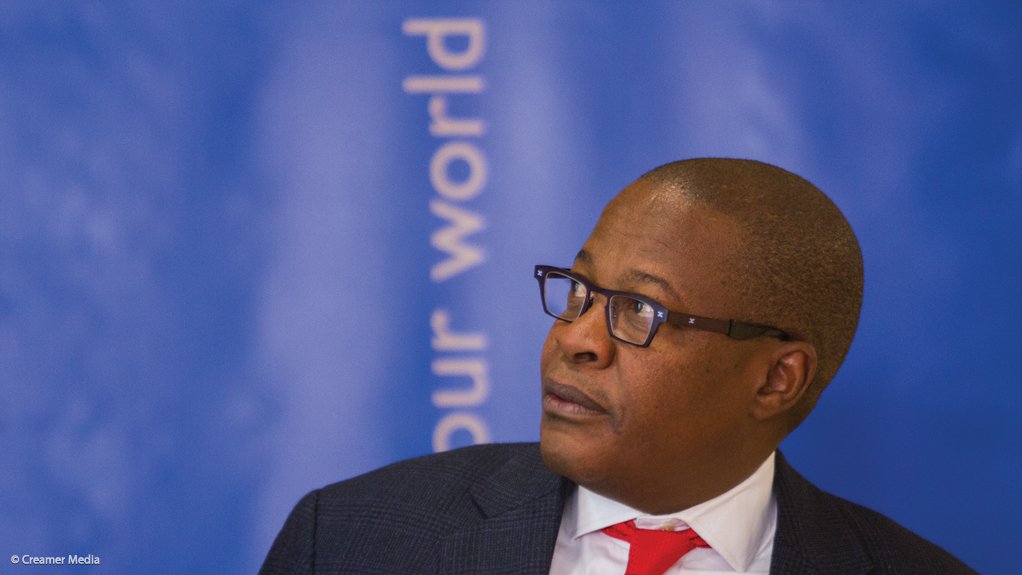Former Eskom CEO Brian Molefe has told the State Capture Inquiry that Glencore used its relationship with President Cyril Ramaphosa, who used to be the chairperson of its Optimum coal mine, to try to extort money from the power utility as it renegotiated the terms of its contract.
Optimum, which supplied Eskom with coal, ran into a contractual dispute with the power utility over the terms of agreement of the deal with the mining company, claiming that the fallout forced it into business rescue.
In his evidence at the inquiry on Tuesday, Molefe narrated an incident that occurred while he was still CEO at Transnet when companies had to sign a "take-or-pay agreement" with the logistics firm for the railing of coal to the Richards Bay Coal Terminal. He said all companies had signed with the exception of Optimum.
The take-or-pay agreement ensures that companies bear the costs when Transnet trains don't find the expected coal loads when they arrive for collection.
Molefe said the reason given by the Optimum for not the signing the agreement was that it was waiting for Eskom to "sign certain agreements" with it, but the company's former CEO Clinton Ephron eventually signed.
The two executives were to cross paths again, when Molefe was seconded to Eskom and found himself seized with the Glencore coal-supply agreement dispute in 2015. The company wanted to renegotiate the terms of its contract and increase the coal price from R150 per ton to R442.
'Extortion'
Molefe likened Glencore's proposal to "extortion" and insisted that he acted in the best interest of Eskom by not signing the agreement.
"They were trying to extort us," he said.
"I think Optimum could not be allowed to play us like that ... maybe that was because they had a close relationship with the then-deputy president Cyril Ramaphosa".
Ramaphosa, a BEE partner in the company, was in appointed chairperson of Optimum in March 2012. He later relinquished active involvement in business following his return to politics in 2014. But Molefe has repeatedly referred to Ramaphosa's relationship with Glencore as as being one of the bargaining tools used by the Swiss mining company to strong-arm Eskom during negotiations regarding the Optimum contract.
'Treated like little boys'
He said Glencore had threatened to stop supply to Hendrina power station and used a threat of load shedding as a negotiating tactic to force Eskom to give into their demand.
Molefe, who is making his second return to the inquiry, said Optimum was "driving the fear of God" into Eskom executives and employed threat antics to have their way and treat them like little boys.
The company did halt the coal supply for only a month, and Molefe said Eskom had to "scavenge" for coal in a bid to prevent interruptions at Hendrina.
The Gupta-owned Tegeta Exploration and Resources in December 2015 entered into an agreement to buy the Optimum mine for R2.15-billion after Glencore had placed the mine under administration, citing the financial hardship it ran into as a result of its partnership with Eskom.
Molefe and other Eskom executives have vehemently rejected Glencore's claim that its financial woes were forced by the power utility's punitive fines it had imposed on the company, as well as the collapse of negotiations over the terms of its contract.
EMAIL THIS ARTICLE SAVE THIS ARTICLE
To subscribe email subscriptions@creamermedia.co.za or click here
To advertise email advertising@creamermedia.co.za or click here











